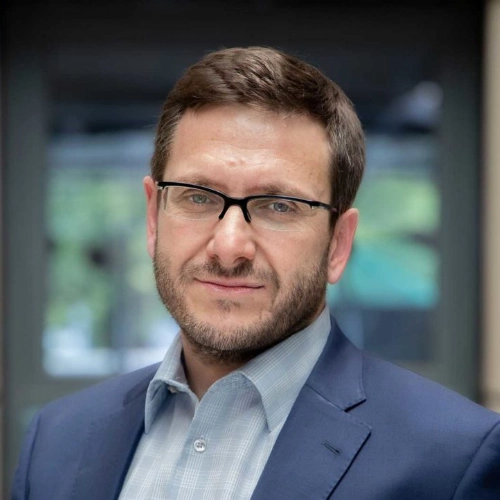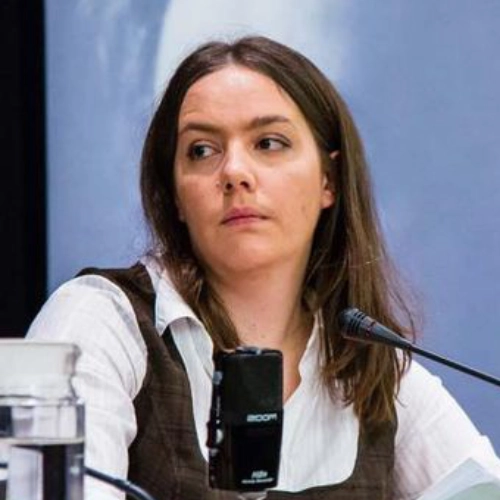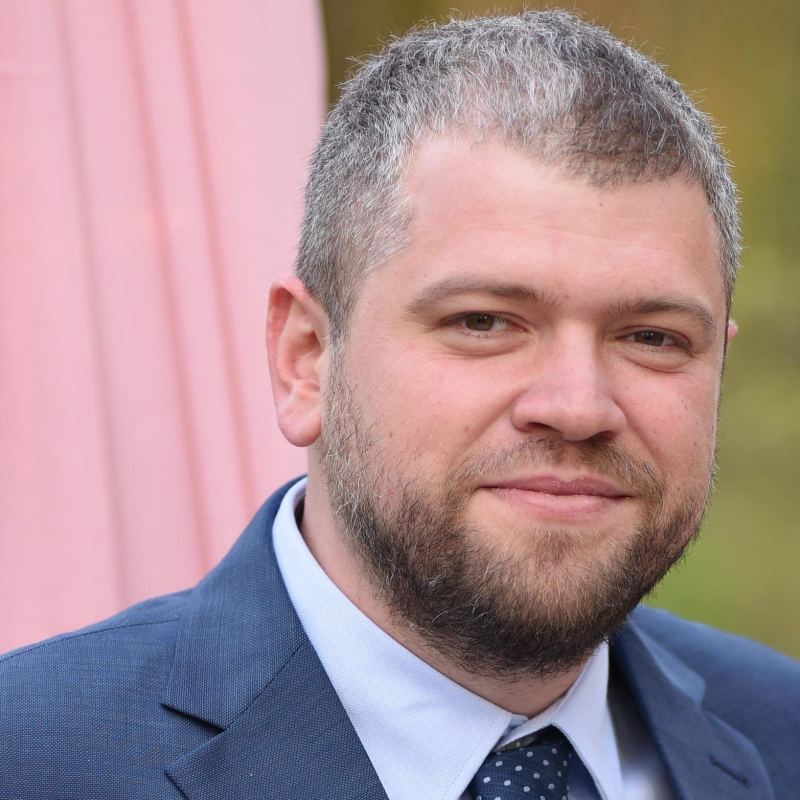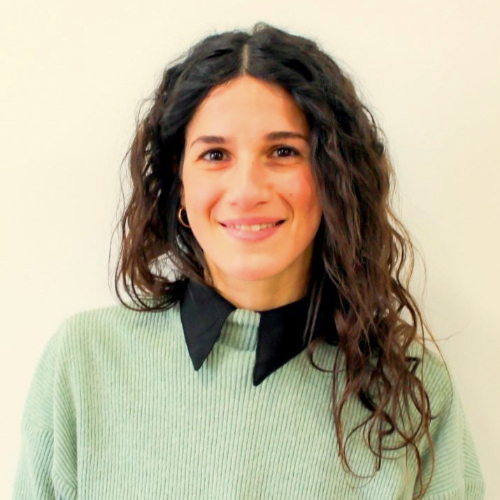About MedMA
The Mediterranean Migration and Asylum Policy Hub (MedMA) aspires to build bridges between knowledge production, field work and policy-making.
MedMA was established in 2022 as an Agency of the European Public Law Organization, an inter-governmental organization based in Athens, Greece, with offices and branches across the globe.
Read More
MedMA’s scope builds on three fundamental pillars:
- The mapping of existing policy.
MedMA acts as an inclusive deliberation space where policymakers, academics, researchers, civil society representatives, advocates and other stakeholders can engage in a spirit of trust and confidence on existing migration and asylum policy, its successes, shortcomings, challenges and pitfalls. - The enabling of evidence-based policy-making.
MedMA serves as a data repository for Greece, collating publicly available statistics in a user-friendly manner. The statistical work will in the future encompass other Mediterranean States. - The production of novel policy recommendations.
MedMA engages in its own cutting-edge migration and asylum-related research with a focus on challenges prevalent in the Mediterranean region.
The MedMA team brings together expertise in academia, policy making at the highest level, public administration management and field work in migration and asylum.
MedMA’s intergovernmental status and team composition can contribute to multidirectional feedback loops between researchers and practitioners.
The Mediterranean is the epicenter of European migration and asylum management, a route, a border, an area of humanitarian distress, a region of intense cooperation.
At the same time, the Mediterranean is the first port of solidarity initiatives, but also the ground of externalisation policies.
Read More
Balancing exercises between solidarity and responsibility in the Common European Asylum System, and efforts at enhanced cooperation with third countries unfold first in the Mediterranean. Nonetheless, Mediterranean EU Member States’ consider their needs and particularities seem underplayed in the protracted EU discussions on the reform of migration and asylum, mainly due to core-periphery dynamics.
Beyond migration, Mediterranean countries face a set of distinct, shared challenges, notably climate change, economic vulnerability, and a reliance on sectors like agriculture and tourism.
Within this landscape, awash with political cross-currents, we need to develop fair and sustainable migration policies that reflect the geographical, political, financial, societal particularities of States, centering on the Mediterranean region, and which respect the rights and agency of migrants and contribute to social development.
MedMA espouses the ‘Mediterranean’ not as an epistemological category, but as a distinct viewpoint, as a springboard for out-of-the-box, innovative thinking in terms of migration and asylum policy. MedMA views the ‘Mediterranean’ as going beyond EU Member States, encompassing the Western Balkans, as well as the MENA region.
MedMA seeks to transform the way we conceive migration and asylum policy. It is committed to bring the conversation forward and promote sustainable solutions for the benefit of the region.
The mission of MedMA is to serve as a source of authoritative, fact-driven research, innovative policy making, and a platform for the exchange of ideas related to asylum and reception, legal migration, integration and pathways to citizenship.
MedMA will also engage in formulating tangible policy recommendations, based on its own in-house research.
Read More
We aspire to identify best practices or common challenges across the Mediterranean and the potential for policy diffusion across the region.
To forward its Mission, MedMA:
- Provides accessible and timely data, information, and analysis on immigration and integration issues that cover the major issues on which policymakers and the general public need information
- Pursues research that fills major gaps of understanding around migration flows and immigration and integration policy
- Assesses the effectiveness of current immigration and integration policies, as well as the impact of immigration on labor markets, educational outcomes, and social cohesion
- Promotes a trusted space for dialogue and a series of learning opportunities around ways to address immigration and integration issues
- Provides technical assistance to policymakers, practitioners, and nongovernmental organizations that are trying to solve specific immigration and integration challenges
- Develops innovative policy ideas to address immigration and integration challenges more effectively.
- Reaches across the political aisle and seeks to engage with all political constituencies with a view to identifying zones of consensus on migration and asylum policies.
TEAM

Markos Karavias
Director
Markos Karavias
Dr Markos Karavias is the Director of the Mediterranean Migration and Asylum Policy Hub. Dr Karavias practises law at the Athens Bar Association, having led counsel on human rights and asylum law cases before domestic and European courts.
Dr Karavias has served as the lead negotiator on the EU Migration and Asylum Pact on behalf of the Ministry of Migration and Asylum. Between 2018 and 2021, he served as the Director, then Governor, of the Asylum Service of the Hellenic Republic, and in this capacity, as a Member of the EUAA Management Board. Between 2014 and 2018, he held various academic positions at the Faculties of Law of the Universities of Amsterdam and Utrecht. Dr Karavias has further acted as a Member of the Asylum Appeals Committees of the Ministry of Citizen Protection (2011-2012). Markos Karavias studied law at the Universities of Athens and Oxford, where he completed his doctoral dissertation. He is the author of Corporate Obligations in International Law (Oxford University Press, 2013), as well as of numerous academic publications in international law.

Eleni Takou
Senior Policy and Research Officer
Eleni Takou
Eleni Takou is a Senior Policy and Research Officer at the MedMA. Eleni is an expert on migration and hate crime, anti-racist advocacy and strategic communication. She has been Co-founder and Deputy Director of HumanRights360; she has also worked in the Advocacy and Programs sector of several NGOs, including the Hellenic League for Human Rights and SolidarityNow. During 2015, she has served as Chief of Staff of the Minister for Migration Policy. Prior to this, she has been coordinating the Racist Violence Recording Network, a coalition of CSOs under the auspices of UNHCR Office in Greece and the Greek National Commission for Human Rights; she has also been a consultant on issues of statelessness for UNHCR in Greece. She is co-writer of the book Immigration in Greece. Eleven myths and more facts, published by the Rosa Luxemburg Foundation, and co-editor of XthemOut: The Black Map of Racist Violence (Topos editions).

Sebene Eshete
Senior Policy Officer
Sebene Eshete
Sebene Eshete is a policy professional, with extensive experience in policy advocacy and implementation across migration governance. Her work spans various NGOs in Greece, where she has led efforts on migrant regularization, integration, citizenship and chile protection. Sebene is also a Senior Landecker Democracy Fellow (2021-2022). She holds a Master’s degree in Public Policy from Central European University, an MSc in Environment and Development from the National Technical University of Athens, and a Bachelor’s degree in International and European Studies from the University of Piraeus. In addition, she designed and launched Ourstories.gr, a digital oral history archive documenting migration experiences in Greece, a project aimed at preserving the narratives that shape migration history and policy.

Manos Moschopoulos
Senior Advisor
Manos Moschopoulos
Manos Moschopoulos is a migration policy and democracy expert with over fifteen years of progressive leadership in international NGOs, foundations, and organizations. He has worked with governments, local authorities, and civil society organizations to uphold Europe’s protection regime and strengthen the resilience of host communities in areas with high levels of transit migration. He also worked to create pathways to protection for Afghan women leaders and enhance Europe’s response to displacement from Ukraine. Earlier in his career, Manos led youth engagement programs and taught public speaking in Europe, Asia, and Africa. His insights have been featured in major outlets, including the BBC, Euronews, Al Jazeera, and The Independent. Manos holds an MA in Refugee Protection and Forced Migration Studies from the University of London.

Giota Panou
Research Officer
Giota Panou
Giota Panou is a Research Officer at MedMA. Her research interests involve the negotiations for the new Pact on Migration and Asylum, as well as international and European relations. She has worked as a caseworker and team leader in the Greek Asylum Service (2013-2018) responsible for handling applications for international protection of residents from sub-Saharan African countries as well as from Russia, Georgia and from the Balkan region. Giota Panou has worked as an administrative assistant in the Office of the Director of the Asylum Service (2018-2021) and in the Office of the Minister of Migration and Asylum (2021- 2024). She participated in the 6th Summit of Ministers of Migration and Interior of the Med 5 group (Thessaloniki, 2023). Giota has studied English Language and Literature at the National and Kapodistrian University of Athens and holds a Msc in Cultural Unit Management (HOU).

Kyriaki Chatzipanagiotou
Policy Officer
Kyriaki Chatzipanagiotou
Kyriaki Chatzipanagiotou is a Policy Officer at MedMA, based in Cyprus. She holds an MSc in Global Politics from the University of Southampton and a BA in Political Science from the Aristotle University of Thessaloniki. Kyriaki served as lead researcher for Project Phoenix, analysing the COVID-19 pandemic’s impact on refugees, migrants, and asylum seekers in Cyprus, shaping policy recommendations. Her work at ICESERVE24 involved analysing political and security dynamics in the MENA region. Later, as Senior Project Manager at the Center for Social Innovation, she implemented the PITCH project, designing and delivering a gender-sensitive and personalised local integration strategy for 27 foreign-born women in the Municipality of Kourion. Currently, as a Policy Officer at MedMA, Kyriaki curates migration and asylum data, develops policy briefs, and fosters cross-sectoral partnerships to strengthen evidence-based policymaking across the region.
ADVISORY BOARD
Secretary General for Migration Policy, Ministry of Interior, Hellenic Republic (2009–2012)
Secretary General for Population and Social Cohesion, Ministry of Interior, Hellenic Republic (2012–2015)
Secretary General for Migration Policy, Ministry of Interior, Hellenic Republic (2015–2016)
General/Sectoral Secretary for Migration Policy, Ministry of Migration Policy, Hellenic Republic (2017–2019)
Secretary General for Migration Policy, Reception and Asylum, Ministry of Citizen Protection, Hellenic Republic (2019-2020), Secretary General for Migration Policy, Ministry of Migration and Asylum, Hellenic Republic (2020–2024)
